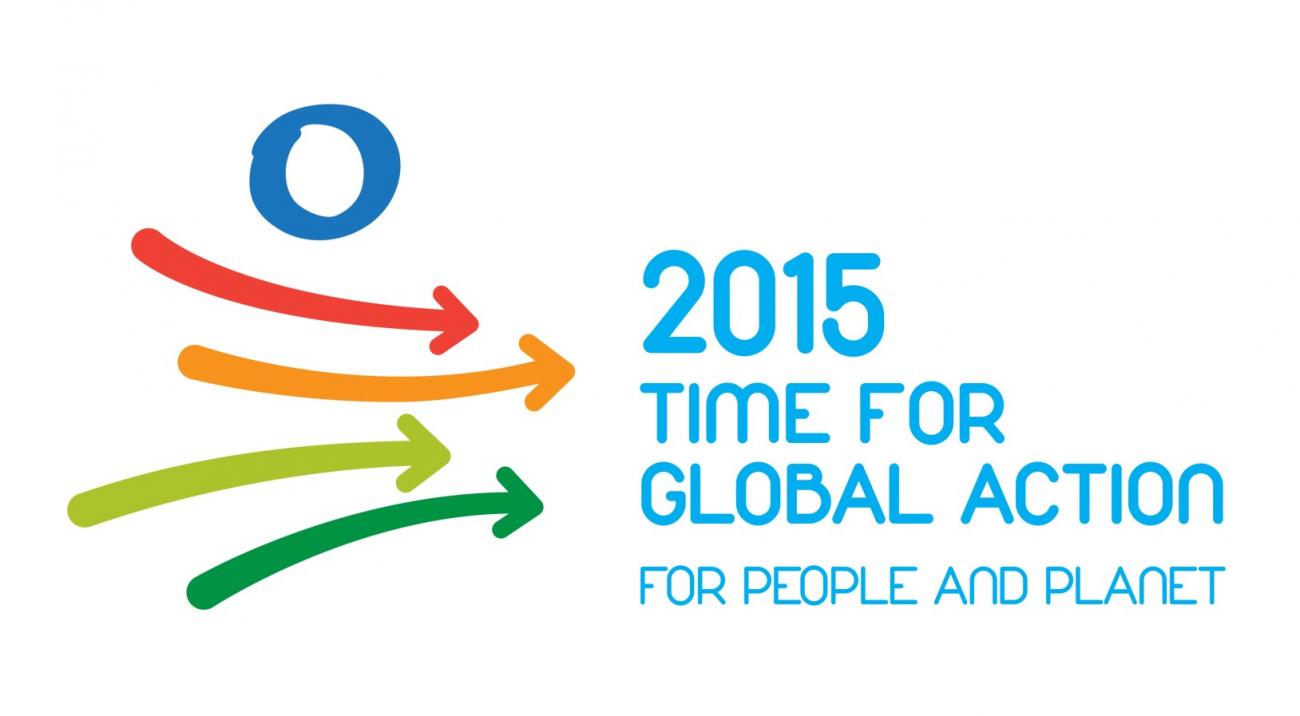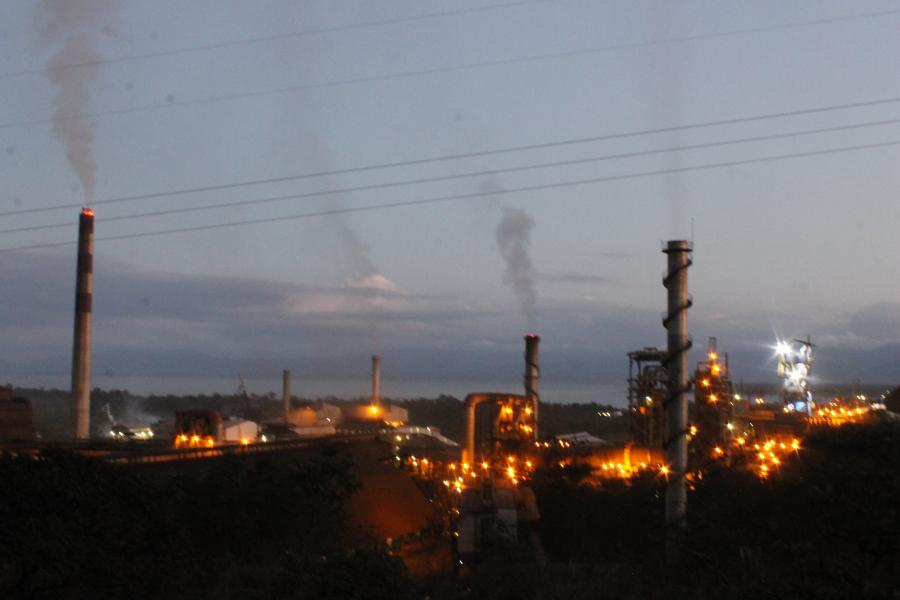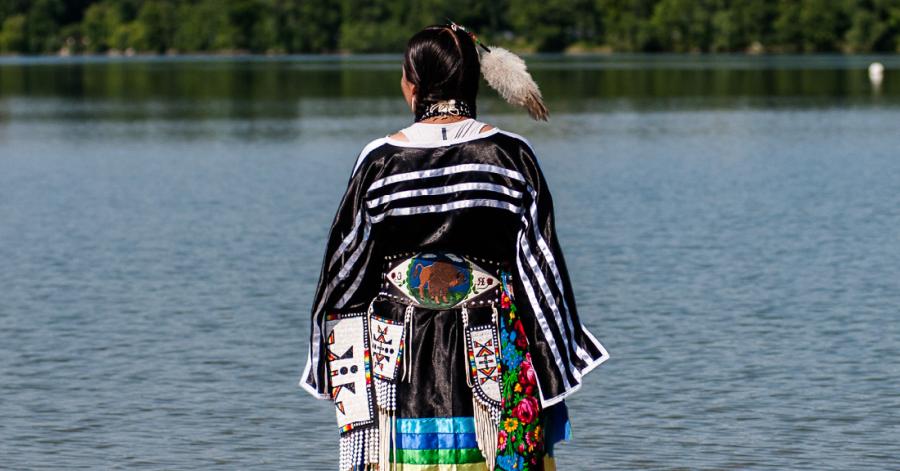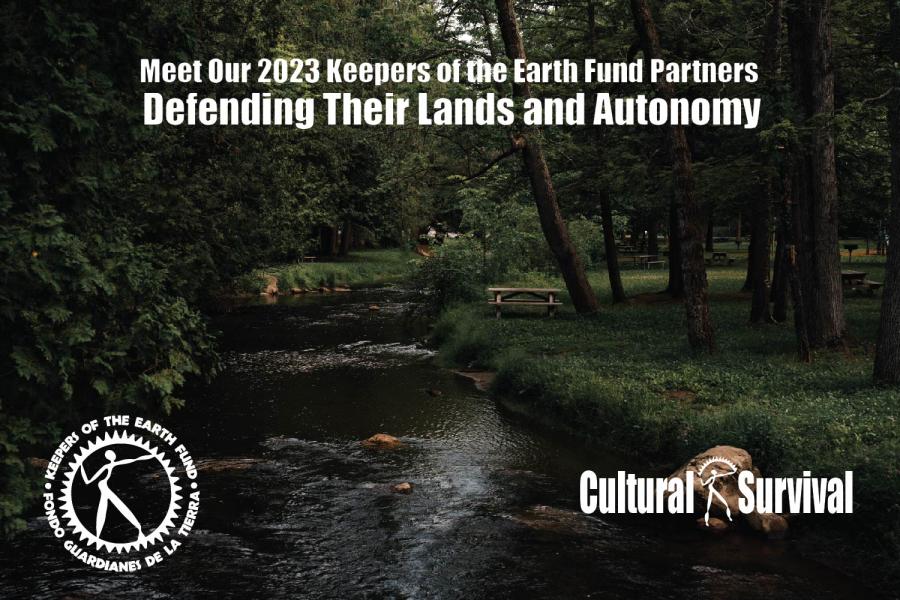
The 193 member states of the United Nations reached consensus on a new set of sustainable development goals on August 2, 2015 concluding a negotiation period of more than two years which included the unprecedented participation of civil society. According to the UN, the new agreement, titled “Transforming our World: The 2030 Agenda for Sustainable Development ,” would “end poverty by 2030 and universally promote shared economic prosperity, social development and environmental protection.” UN Secretary-General Ban Ki-Moon welcomed the agreement, which is set to be adopted at the Sustainable Development Summit in September, saying, “This is the People’s Agenda, a plan of action for ending poverty in all its dimensions, irreversibly, everywhere, and leaving no one behind. It seeks to ensure peace and prosperity, and forge partnerships with people and planet at the core. The integrated, interlinked and indivisible 17 Sustainable Development Goals are the people’s goals and demonstrate the scale, universality and ambition of this new Agenda.”
The development agenda is unique in that it calls for action by all countries, poor, rich, and everywhere in between. Likewise, it calls for both the help of Indigenous Peoples as well as special protections for Indigenous Peoples around the world. The agreement makes a commitment to empower vulnerable peoples, including Indigenous Peoples, by removing obstacles and constraints on their freedoms and opportunities. Education, food security, and gender equality are all addressed in the agenda and each one of these specifically references Indigenous Peoples as a special area of focus. The document decrees that reviews of progress are an important component of implementing the sustainable development goals and that Indigenous Peoples should be specific contributors to the monitoring of progress.
The document stakes its success on inclusion, stating in the introduction that, “[o]ur journey will involve Governments as well as Parliaments, the UN system and other international institutions, local authorities, indigenous peoples, civil society, business and the private sector, the scientific and academic community – and all people. Millions have already engaged with, and will own, this Agenda. It is an Agenda of the people, by the people, and for the people – and this, we believe, will ensure its success.”
The following are the direct references to Indigenous Peoples in the final revision of the Outcome Document for the Post2015 Intergovernental Negotiations entitled "Transforming Our World" that UN Member State delegations came to a consensus and adopted on August 2, 2015. The document will now move to the United Nations General Assembly for final ratification in September 2015.
In the section entitled "The new Agenda":
23. People who are vulnerable must be empowered. Those whose needs are reflected in the Agenda include all children, youth, persons with disabilities (of whom more than 80% live in poverty), people living with HIV/AIDS, older persons, indigenous peoples, refugees and internally displaced persons and migrants. We resolve to take further effective measures and actions, in conformity with international law, to remove obstacles and constraints, strengthen support and meet the special needs of people living in areas affected by complex humanitarian emergencies and in areas affected by terrorism.
25. We commit to providing inclusive and equitable quality education at all levels – early childhood, primary, secondary, tertiary, technical and vocational training. All people, irrespective of sex, age, race, ethnicity, and persons with disabilities, migrants, indigenous peoples, children and youth, especially those in vulnerable situations, should have access to life-long learning opportunities that help them acquire the knowledge and skills needed to exploit opportunities and to participate fully in society. We will strive to provide children and youth with a nurturing environment for the full realization of their rights and capabilities, helping our countries to reap the demographic dividend including through safe schools and cohesive communities and families.
In the section entitled "A call for action to change our world"
52. “We the Peoples” are the celebrated opening words of the UN Charter. It is “We the Peoples” who are embarking today on the road to 2030. Our journey will involve Governments as well as Parliaments, the UN system and other international institutions, local authorities, indigenous peoples, civil society, business and the private sector, the scientific and academic community – and all people. Millions have already engaged with, and will own, this Agenda. It is an Agenda of the people, by the people, and for the people – and this, we believe, will ensure its success.
In the chapter on Follow-up and review, section entitled National Level
79. We also encourage member states to conduct regular and inclusive reviews of progress at the national and sub-national levels which are country-led and country-driven. Such reviews should draw on contributions from indigenous peoples, civil society, the private sector and other stakeholders, in line with national circumstances, policies and priorities. National parliaments as well as other institutions can also support these processes.
Additionally, Indigenous Peoples remain in:
Goal 2. End hunger, achieve food security and improved nutrition and promote sustainable agriculture
2.3 By 2030, double the agricultural productivity and incomes of small-scale food producers, in particular women, indigenous peoples, family farmers, pastoralists and fishers, including through secure and equal access to land, other productive resources and inputs, knowledge, financial services, markets and opportunities for value addition and non-farm employment
Goal 4. Ensure inclusive and equitable quality education and promote lifelong learning opportunities for all
4.5 By 2030, eliminate gender disparities in education and ensure equal access to all levels of education and vocational training for the vulnerable, including persons with disabilities, indigenous peoples and children in vulnerable situations.
You can download the finalized text "Transforming Our World" here.



